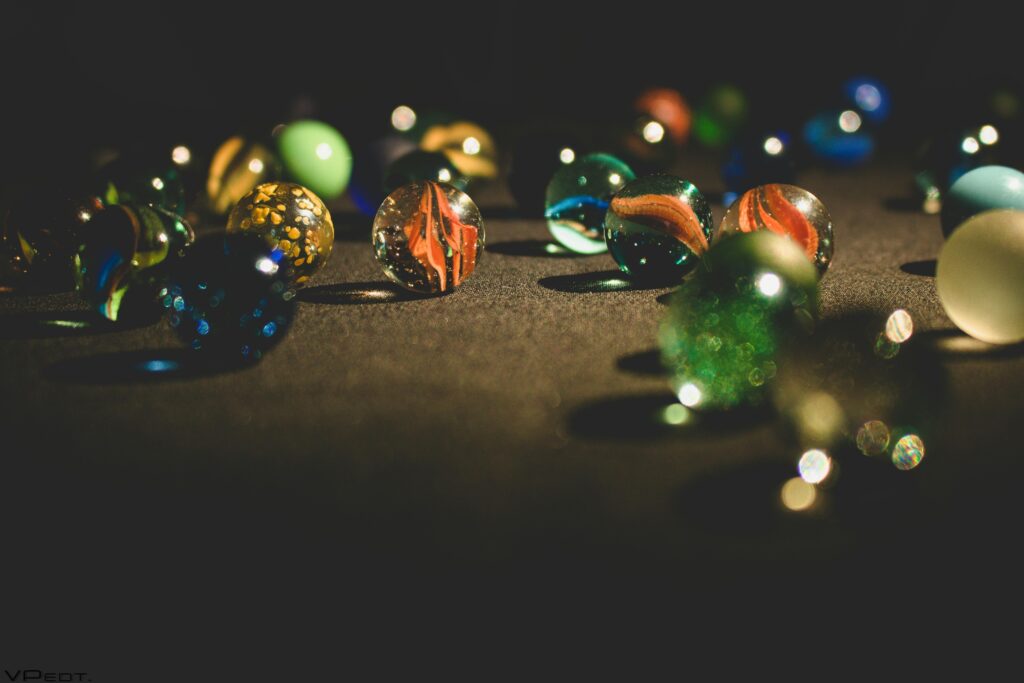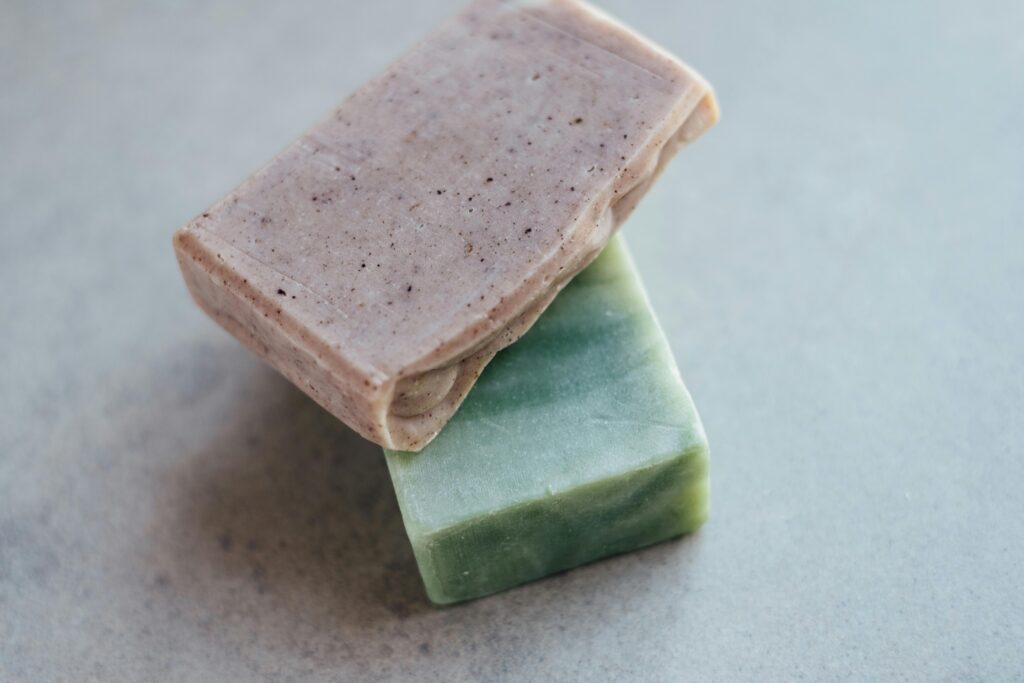Have you ever caught your cat licking the window or your dog sniffing suspiciously around the glass coffee table? Yeah, it’s not just us. Pets are naturally curious creatures, and that curiosity often leads them straight to trouble—including toxic cleaning products. The solution? A pet safe glass cleaner. Stick around as we dive deep into why this matters, how to choose one, and tips for using it effectively.
Table of Contents
- The Importance of Pet-Safe Cleaning
- Step-by-Step Guide: Choosing the Right Glass Cleaner
- Tips & Best Practices for Using Pet Safe Glass Cleaners
- Real-Life Success Stories: Toxic-Free Homes
- FAQs About Pet Safe Glass Cleaners
Key Takeaways
- Pets can ingest harmful chemicals from improperly cleaned surfaces—use a pet safe glass cleaner!
- Ingredients like ammonia and bleach are dangerous for pets; opt for eco-friendly alternatives.
- Proper storage and application keep both your home and furry friends safe.
The Importance of Pet-Safe Cleaning
Let me tell you about my huge “oopsie” moment. Once upon a time, I thought all-purpose cleaners were magical. Until I found my Labrador, Max, drooling near the sliding door after I’d wiped it down. Turns out, he’d ingested some residue from a non-pet-safe spray. Yikes.
Sounds like nails on a chalkboard, doesn’t it? That’s because conventional glass cleaners often contain harsh chemicals like ammonia, which can irritate your pet’s respiratory system—or worse if consumed directly. According to the ASPCA, over 200,000 cases of pet poisonings occur annually due to household toxins. Moral of the story? Always choose pet safe glass cleaner.

Alternative Text: Golden Retriever standing beside a pet-safe glass cleaner product.
Step-by-Step Guide: Choosing the Right Glass Cleaner
Optimist You: “There’s gotta be an easy way to pick the right cleaner!”
Grumpy Me: “Fine—but only if you’re willing to read labels carefully.”
Step 1: Check the Ingredients List
Harmful ingredients won’t scream at you—they’ll hide quietly among fancy packaging. Look out for buzzwords like “natural,” but verify by checking actual components such as vinegar, baking soda, or hydrogen peroxide.
Step 2: Avoid Ammonia-Based Products
Ammonia stinks—for real. Its sharp scent alone can bother sensitive noses, especially in smaller spaces where airflow is limited. Plus, its toxicity makes it a big no-no for homes with pets.
Step 3: Opt for Eco-Certified Brands
Certifications matter here. Labels like EPA Safer Choice or USDA Organic ensure the product meets rigorous safety standards—not just for pets, but also for humans and the planet.

Alternative Text: Close-up image of a pet-safe glass cleaner label emphasizing natural ingredients like vinegar and essential oils.
Tips & Best Practices for Using Pet Safe Glass Cleaners
- Ventilate the Area: Open windows while cleaning to disperse any lingering odors.
- Allow Proper Drying Time: Wait until surfaces are completely dry before allowing pets back into the room.
- Store Safely: Even pet-safe cleaners should be stored out of paw’s reach to avoid accidental spills.
*Bonus Rant Alert*
Why do people still buy cheap, chemical-laden cleaners? Seriously, folks—invest in something decent. Your lungs, your pets, and even your furniture will thank you. This advice isn’t chef’s kiss—it’s a necessity!
Real-Life Success Stories: Toxic-Free Homes
Meet Sarah P., a proud owner of three cats who used to struggle with finding effective yet safe cleaning solutions. After switching to a pet safe glass cleaner, she noticed her kitties stopped sneezing excessively indoors—and their fur was softer too. Coincidence? Nope.
Similarly, Jim T.’s German Shepherd started behaving calmer once he ditched traditional cleaners. His vet confirmed reduced exposure to toxins likely contributed to improved behavior. Proof that small changes make a difference.
FAQs About Pet Safe Glass Cleaners
Is homemade cleaner safe?
Yes, DIY options like water-vinegar mixtures work well for light cleaning tasks. However, they lack antibacterial properties found in commercial-grade pet-safe formulas.
Can I use regular glass cleaner safely?
Nope. Regular cleaners have ammonia and other nasties. Save yourself (and your pet) unnecessary risks.
How often should I clean glass surfaces?
Aim for weekly wipe-downs of high-touch areas like doors and tabletops. For heavily trafficked zones, daily touch-ups might be necessary.

Alternative Text: Happy dog lounging in a pristine living room with a spotless glass door visible in the background.
Conclusion
Switching to a pet safe glass cleaner isn’t just good for your furry family members—it benefits everyone sharing the space. Remember to check ingredients, allow drying times, and store products securely. And hey, maybe treat yourself to a latte while you’re at it because saving lives (even tiny ones) deserves recognition.
So, what’s your excuse now? Go forth and create a toxin-free haven for your four-legged pals!
Like a Tamagotchi, your commitment to pet safety needs daily care. 🐾✨


